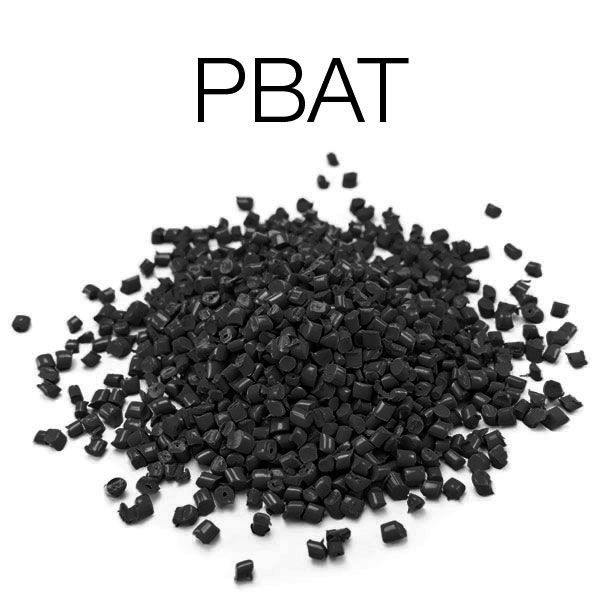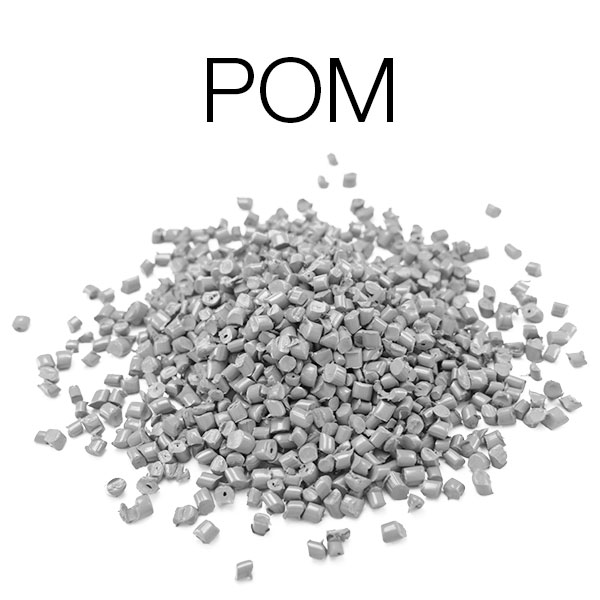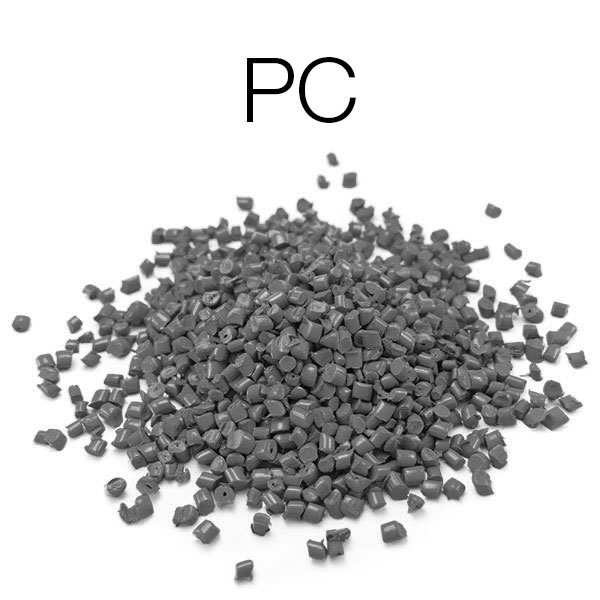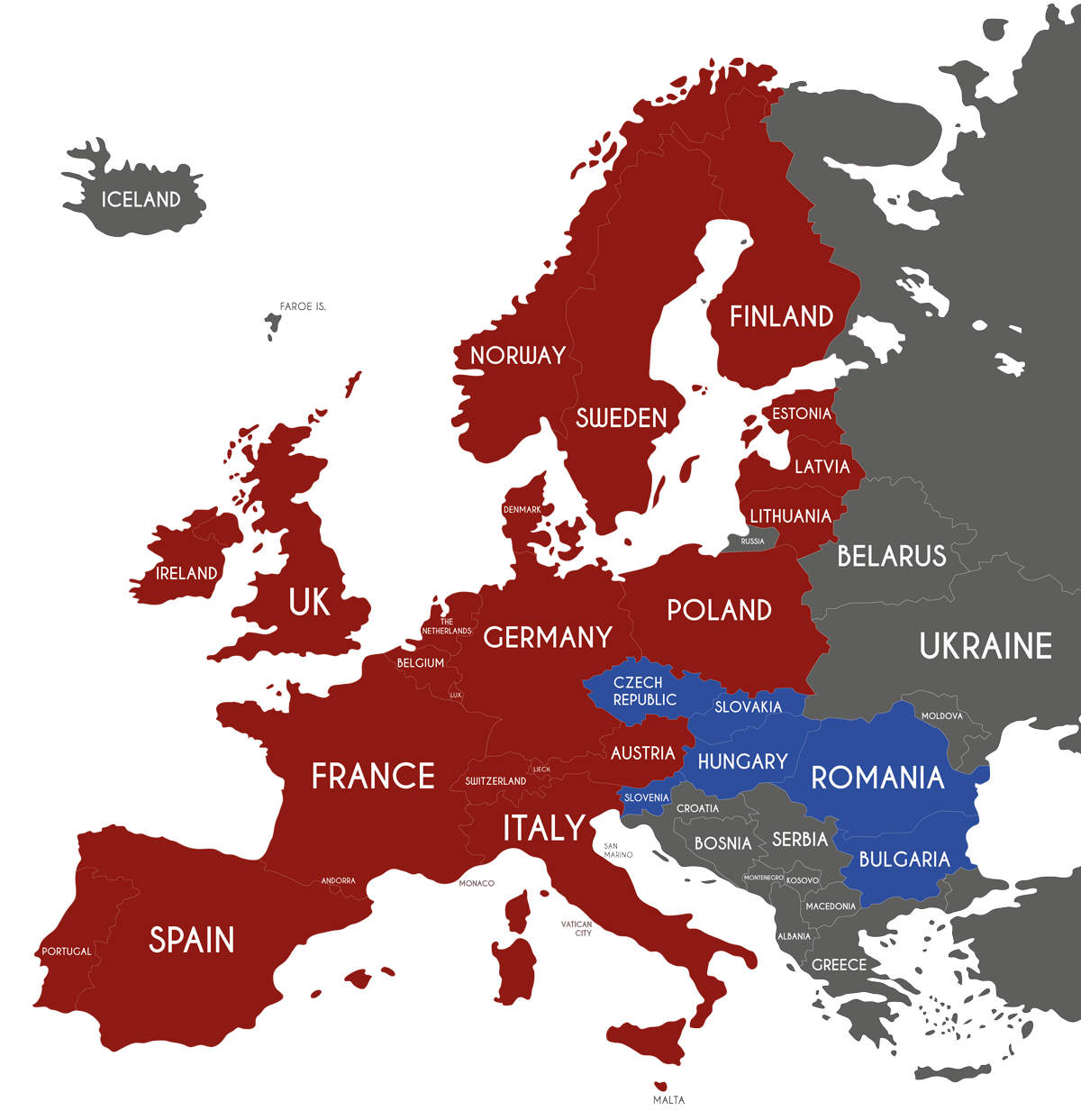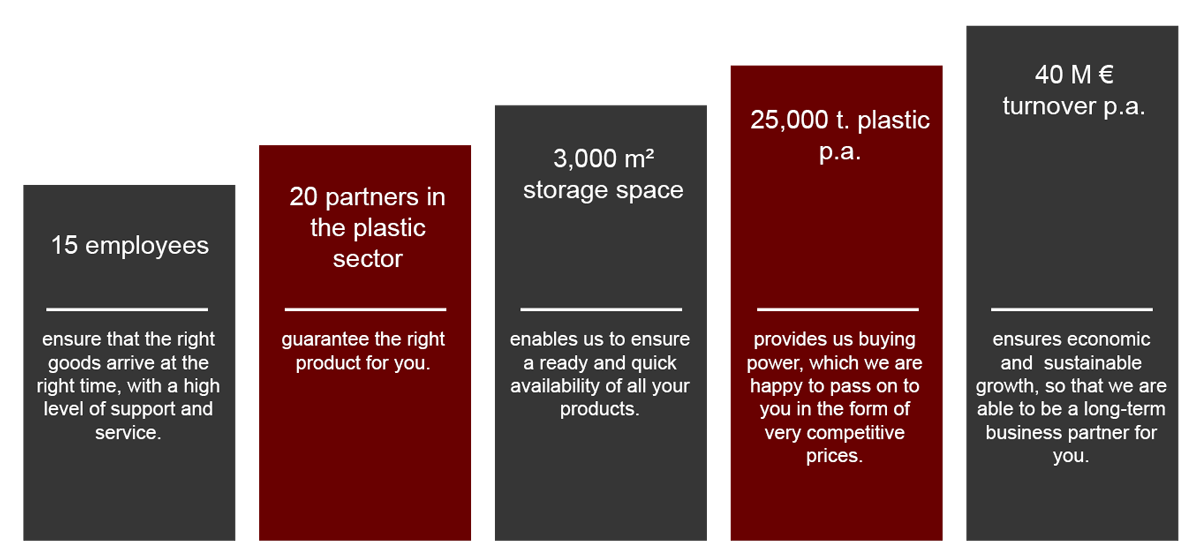ClickPlastics AG and their Asian partners, who are up to 100% backwards integrated, have developed new PBT and PPS products (unreinforced and reinforced, depending on customer requirements) in their portfolio that fulfill the requirements of the LV 215 standard.
The LV 215 standard contains values, that are minimum requirements for products to be used for high-voltage connectors. The current charging power for the batteries should be ≥ 400V, some end customers want to increase charging power up to 1500V.
Mainly the requirements of LV 215 for CTI (Comparative Tracking Index) ≥ 600V -1000V after heat storage for 1008 hours at 150°C can hardly be meet by the materials used up to now. For the requirement of 3000 hours at 85°C and constant color performance, most common products also fail.
The properties mentioned above and additional flame retardancy VO at 0.4mm or 0.8mm thickness, hydrolysis resistant under the test conditions 85%/85°C – where the mech. properties aren’t allowed to fall below 50% after this test – can’t be achieved with current materials.
In addition, a corrosion test of the metal contacts, which are boiled in 100°C hot water, is required, in which the residues are then analyzed. The resistance to battery acid must also be given.
Most current materials fail due to the above mentioned array of requirements. PBT and PPS grades developed by ClickPlastics and their Asian suppliers, that have been specially developed for this application, offer all the desired properties.
ClickPlastics AG, Hall 6 E80


